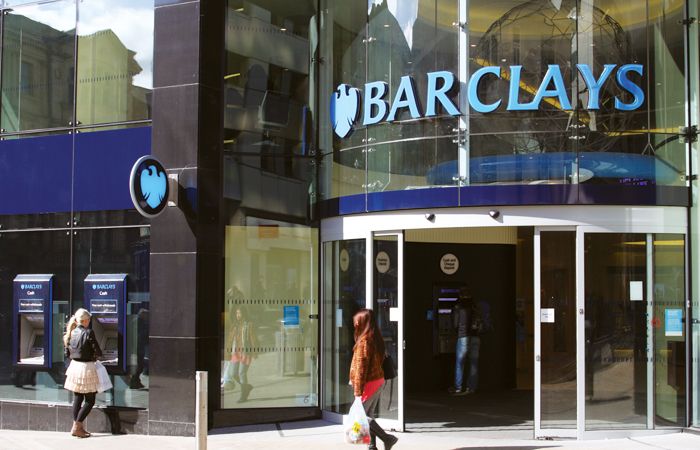
A rate increase is probably on its way in early 2016 but there is no reason for either brokers or homeowners to panic
In the article I wrote in May, I said the view of the economists at Investec was that a hike in interest rates could come as soon as the end of this year.
The expectation at that time was that the US Federal Reserve would increase rates during September and, if it did, the Bank of England might take the opportunity to follow on with a 0.25 per cent rise before the year-end. As we all know, the Fed did not raise rates – and the BoE looks unlikely to increase them before 2016. So what happened?
The answer is China. The volatility in the Asian markets over the summer months has pushed back the timetable. After all, the Fed and BoE have both been looking for signs of greater stability before making the decision to move rates.
Last week, however, Fed chair Janet Yellen made a speech in which she put forward a detailed argument for raising rates in the US later this year. Many economists have been waiting for Yellen to declare her hand and her comments will be taken as a warning that the Fed’s recent decision to hold rates did not mean they would stay low forever.
Here in the UK, the economic factors that will feed into the Monetary Policy Committee’s decision-making over the coming months have remained largely unchanged since my previous article. Domestic demand has remained solid, even though July’s decline in industrial production and a fall in the composite Purchasing Managers Index to its lowest level for two years led the MPC to reduce its Q3 GDP growth forecast from 0.7 per cent to 0.6 per cent.
There has been much talk in economic circles about Britain’s “job-rich” recovery, and the rapid decline in unemployment has been positive news. In more recent months, the pace of improvement has shown some signs of slowing.
However, the important issue is that the jobs market is a lot stronger today than it was a couple of years ago, with the UK rate of unemployment now down to 5.5 per cent from a crisis high of 8.5 per cent.
Since the turn of the year, pay growth has also strengthened. Average weekly earnings grew by 2.9 per cent in the three months to July, up from 2.6 per cent in the three months to June, making it the biggest increase since 2011. The MPC will be watching wage inflation carefully as it eyes its potential to drive the general rate of inflation higher.
At the time of writing, CPI inflation remains at zero, with falling oil and other commodity prices such as gas, electricity, metals and food all having an impact. With current inflation so low, there has understandably been little pressure for the MPC to increase rates.
However, low energy prices are expected to be less of a drag on inflation in future and, as I mentioned in my previous article, the MPC is well aware that controlling inflation is like trying to slow a supertanker: you need to act well in advance and it is better to make lots of subtle small moves rather than hit the brakes hard at the last moment. Ian McCafferty was the only MPC member to vote for a rate increase in the August meeting and the committee’s decision to hold asset purchases at £375bn was unanimously agreed.
There has been speculation in the press recently that the next rate move may even be downward, largely fuelled by comments from BoE chief economist Andy Haldane. However, most on the MPC point to the next move in the Bank rate being upwards – a view shared by the economists here.
Interest rate markets are still not fully pricing in a rate increase until well into 2016, which we believe is too late. We anticipate the first rate rise during Q1 2016 – in February, to be precise. It will probably be an increase from 0.5 per cent to 0.75 per cent because BoE governor Mark Carney has made it clear that future increases will be small and gradual.
What will an eventual rate increase mean for the housing market? In reality, any increases will be modest and homeowners are unlikely to suffer a significant rate shock as a result.
Likewise, a 0.25 per cent rise in the Bank rate is not going to push mortgage rates beyond most people’s reach. Sure, some of the unbelievably cheap deals on offer in recent months will be withdrawn and re-priced but there will still be plenty of affordable deals to be had.
In summary, a rate increase is probably on its way in early 2016 but there is no reason for either brokers or homeowners to panic. The BoE is very mindful of the need not to spook the markets.
Peter Izard is business development manager at Investec Private Bank











Great Stats but justification not borne out. Economic growth is patchy. Look what is happening outside London and where jobs have been taken on zero hours/hence reduced tax revenues and reasoning based on long needed wage rises looks very iffy.